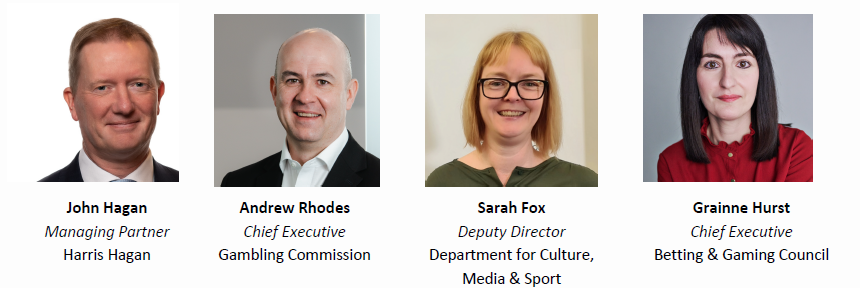A spotlight on the statutory levy: Government Committee examines gambling harm evidence
On Wednesday 2nd April 2025, the Health and Social Care Select Committee examined the current gambling landscape and the potential for harms caused by developments in gambling products in a one-off oral evidence session.
The Government has noted that it wants to facilitate a “cultural shift” in the understanding of gambling-related harms to reduce stigma associated with getting help. During the session, MPs discussed what is needed to develop an effective public health response to gambling-related harms, and the Government’s role in leading and delivering this work. As part of their questioning, the MPs asked witnesses’ views on what role public health teams need to have within wider local authority services to reduce potential for gambling-related harms, and whether they think the current rules sufficiently safeguard children and vulnerable people from gambling-related harms.
In the session, a key topic of discussion was how the introduction of the statutory levy could have a notable and positive impact on reducing gambling harms. The statutory levy, which was announced by Government in November 2024, and took effect through The Gambling Levy Regulations 2025 on 6 April 2025, provides, for the first time, a dedicated statutory investment to fund research, education and treatment of gambling harms. Since its introduction on 6 April 2025, the Gambling Commission is now responsible for collecting and administering the new levy, under the strategic direction of the Government.
During the session, MPs posed questions on the commissioning of effective treatment and prevention services in the context of the statutory levy and the role of the Gambling Commission in regulating the industry.
Some noteworthy comments from the session:
Professor Sam Chamberlain, Professor of Psychiatry, University of Southampton and Director of the Southern Gambling Treatment Clinic:
“We have an opportunity with the levy— provided that the funds are administered in a way that is ringfenced and protected from conflicts of interest and industry—to really make a difference by doing some good-quality research and rolling out public health interventions that actually help.”
Professor Heather Wardle, Co-Chair Lancet Public Health Commission on Gambling and Professor of Gambling Research and Policy, University of Glasgow:
“We do not have a nationalised monitoring system for harms. We do not understand how many people who are interacting with the criminal justice system or the NHS are experiencing harms, because we do not have that infrastructure available to us. Again, with the levy, there is an opportunity to develop that. I absolutely think that that is where we need to be investing some of our resources, because once you have that infrastructure, you have the insight. It provides the bedrock of excellent research and enables you to go forward.”
Andrew Vereker, Deputy Director for Tobacco, Alcohol and Gambling, Office for Health Improvement and Disparities:
“Through our health mission, we are committed to shortening the time spent in ill health by preventing harms before they occur. In that context, I think the levy is a real opportunity, as the previous panel said, to improve treatment, to enable high-quality research and to support effective prevention activity.”
Tim Miller, Executive Director of Research and Policy, Gambling Commission:
“The Gambling Act is clear that levy funding has to be used for purposes in connection with the licensing objectives in the Act.”
In a statement made by Stephanie Peacock, Minister for Sport, Media, Civil Society and Youth, it was clarified that 30% of the levy funding will be allocated to the prevention of gambling harm in Great Britain, which is up to £30 million each year, alongside the significant funding allocated for research and treatment.
If you wish to find out more about what was discussed in the session, we invite you to watch the session or read the transcript.
Please get in touch with us if you have any questions about the oral evidence session or the statutory levy.
